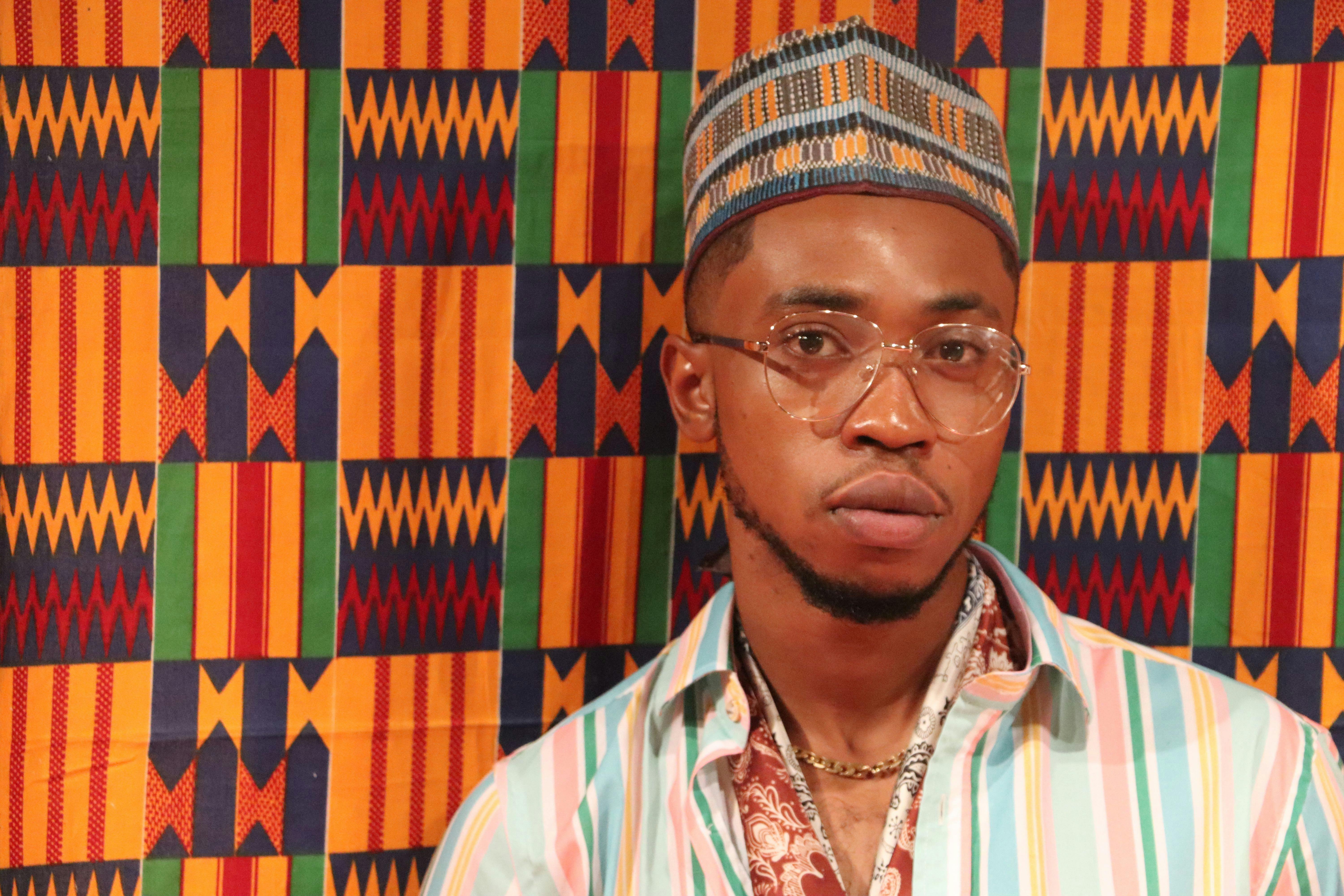Angela Lackey
2020-12-02
Kingston Imoh’s debut album starts with a clip of an interview with author Chinua Achebe about his book, Things Fall Apart, a story about when the Igbo people encountered European Christian missionaries in the nineteenth century. It tells the story of two worlds colliding. The sound bite says most of African history had been written and told by Europeans until the 1950s. It sort of sets the tone for the album—this is Afro music, by a Nigerian from the Igbo tribe—to the world.
Imoh left Nigeria to came to Canada for university when he was only 16 years old. He took business. He says he didn’t exactly know what kind of business he wanted to get into, but it seemed like the right path at the time. While he was in university he dabbled in the arts and discovered an undeniable love for music and knew it had a place in his future. I wanted to be behind the music. I didn’t know how, maybe I’ll be the business guy behind it,” Imoh says.
The plan was to move to Calgary, stack some chips in oil and gas, and get into the music industry. This is when he met his business partner Jimmy—a producer with a studio. They became roommates, Jimmy’s studio in the basement. Imoh would head down and observe theinner workings of production until the day he gave it a go. Alone, he booted up the system and moved his fingers along the buttons, knobs and sliders, the way he’d seen his friend move, so many afternoons before.
“I just realized, like, I can do everything I’ve seen him do, without ever planning on doing it. I’m like, ‘OK, let me try and make a beat.’ I got to listen to it, and was like, ‘this is real,’—I listened to that song all night.”
“After, I was just trying to export it. I’m like, ‘if this comes out as a song on my phone, an mp3 that I can listen to,’ I’m like, ‘I’m a producer.’” It was a rush. He says exporting the file, and hearing it come to life—he felt like he had superpowers. He says he had visions of Afro music on the radio since 2010. He would listen to pop music, inserting an Afro flair in his mind.
“I could make the drums more groovy. Add a little bit more sunshine on it, and it would have that tropical feel.”
“I hear a song, and I’m like, if I just took this and I did this, it could be like a nice fusion. I try to break those barriers.”
Now, we have Afro-beats in songs like One Dance by Drake, Still Got Time by Zayn, and Diplo’s new album Music is the Weapon which came out earlier this year, hitting the airwaves and the mainstream. And it fills Imoh with pride.
“People try to imitate you here like, there’s a whole wave in pop music now, a lot of people try to do the Caribbean-African accents,” he says. “I’m like, ‘I’m that—I don’t have to try to be that.’”
Imoh opened his own studio two years ago. His debut album Now or Never, released in October mixing together Afro music, hip-hop, R&B, jazz and pop collaborating with 13 other artists.
“If someone sees all these little pieces and puts it together, then, you’re breaking barriers,” he says. “You don’t have to be like, ‘oh, this type of beat goes with this artist,” because that could be the reason why you never heard a song come across like that before. Because those artists never got to work with the musicians who made that type of music.”
Working with other artists, his goal is to bring the Afro wave to the world.
“For a lot of Afro-beat artists, we’re ambassadors of this project, [to bring] Africa to the world, right?, I’m definitely part of that movement, no one added me, but I am,” he laughs.